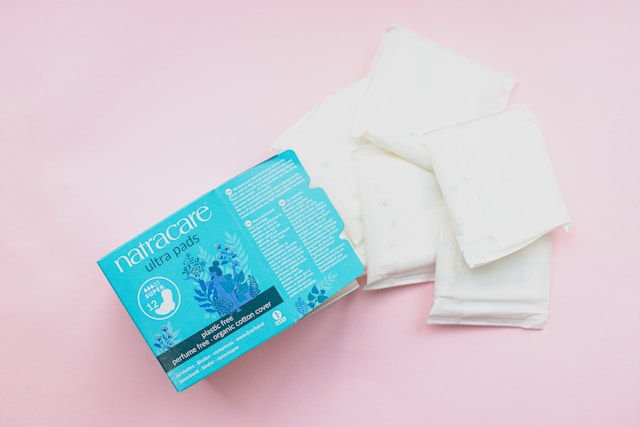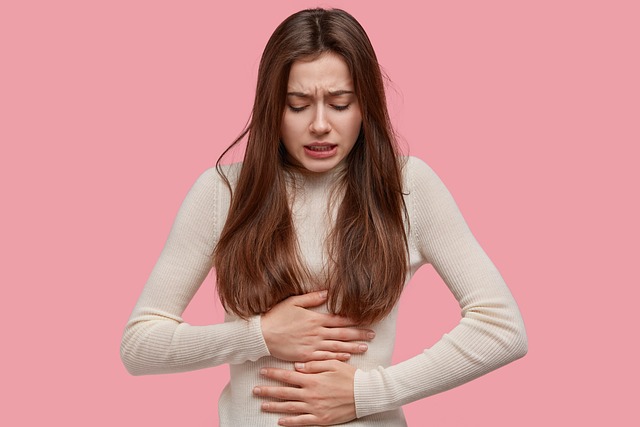Menstrual health is a vital aspect of a woman’s overall well-being, yet it remains surrounded by misconceptions and stigmas. Myths about menstruation can lead to unnecessary fear, embarrassment, and confusion, which is why it’s essential to differentiate between what’s true and what isn’t. Whether it’s about symptoms, lifestyle choices during menstruation, or fertility concerns, it’s time to debunk the myths and embrace the facts.
Why It’s Important to Debunk Menstrual Myths
Many myths about menstruation have been passed down through generations, often without scientific backing. These misconceptions can lead to unhealthy practices, misinformation, and unnecessary anxiety. By clarifying what’s true and what’s not, women can make informed decisions about their menstrual health, seek proper treatment if needed, and feel empowered during their cycles.

Common Menstrual Misunderstandings
Before diving into the myths and facts, it’s important to recognize that each woman’s menstrual experience is unique. Menstrual cycles can vary in duration, flow, and symptoms, and what is normal for one person may not be the same for another.
Let’s look at some of the most common misunderstandings that people have about menstruation.
[wpdatatable id=1 table_view=regular]
How to Manage Your Menstrual Health
Understanding the facts about menstruation can make it easier to manage your period with confidence. Here are some tips to maintain menstrual health:
- Track Your Cycle: Use a period tracker app or a journal to monitor your cycle length, symptoms, and any irregularities.
- Choose the Right Products: Experiment with different menstrual products (pads, tampons, menstrual cups, period underwear) to find what’s most comfortable for you.
- Stay Active: Light exercise, yoga, and stretching can help ease menstrual cramps and improve overall well-being.
When to See a Doctor
It’s crucial to know when to seek medical advice about your menstrual health. You should consider seeing a doctor if:
- Your period pain is severe and disrupts your daily life.
- You experience heavy bleeding that requires frequent changes of pads or tampons.
- Your periods suddenly become irregular or stop without any clear cause.
- You suspect that you might have a condition like endometriosis, polycystic ovary syndrome (PCOS), or fibroids.
Conclusion
Menstruation is a natural part of life, and understanding it can lead to a healthier and more empowered approach to your body. It’s time to dispel myths, trust the facts, and embrace the changes that come with each cycle. Menstrual health education is key to reducing stigma and ensuring that all women feel confident and informed about their bodies.
